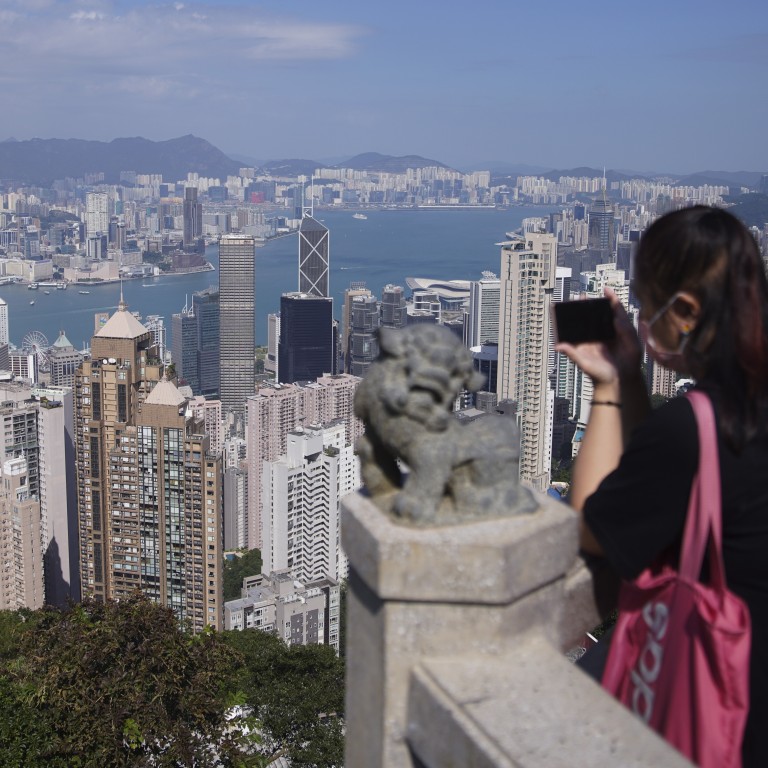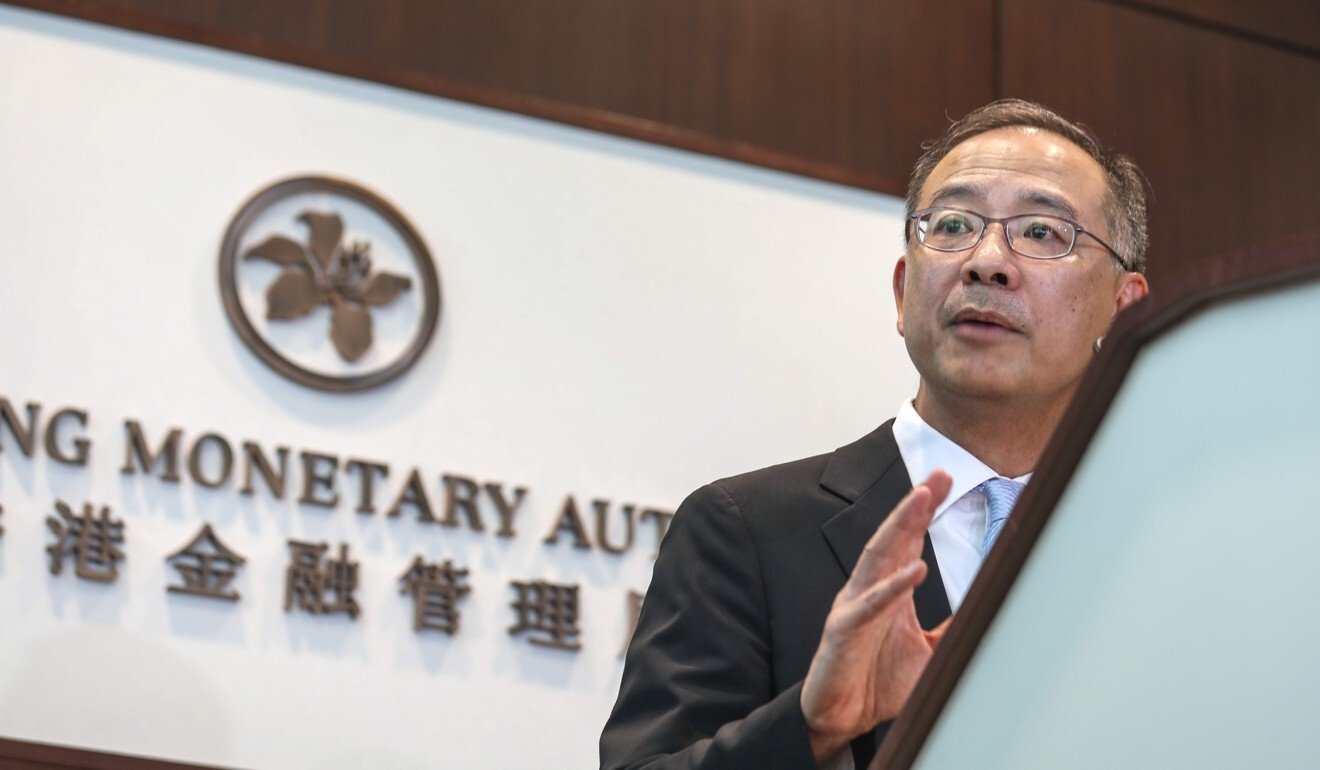
Hong Kong’s Exchange Fund investment returns jump 125 per cent in third quarter as they track global stock market gains
- The fund’s third quarter performance was mainly driven by earnings of HK$29.9 billion from foreign equities, 6.5 times higher compared to a year earlier
- On a nine-month basis, the fund’s cumulative investment income totalled HK$62.4 billion, 61 per cent lower than the HK$161.4 billion a year earlier
Hong Kong’s Exchange Fund, which is used to defend the local currency, reported a 125 per cent year on year increase in third-quarter income on the back of gains in overseas stock markets and bond investments.
Investment income stood at HK$52.8 billion (US$6.8 billion) in the July to September period, more than double the HK$23.5 billion a year earlier, according to a report submitted by the Hong Kong Monetary Authority to a Legislative Council panel on Monday.
“The markets still face a lot of uncertainties ahead including the US presidential election tomorrow and Brexit,” said Eddie Yue Wai-man, chief executive of HKMA who attended the Legco meeting.

On a nine-month basis, the fund’s cumulative income totalled HK$62.4 billion, 61.3 per cent lower than the HK$161.4 billion a year earlier, mainly due to the heavy global stock market losses in the first quarter.
Hong Kong and China markets rebound from sell-off
The fund’s strong returns in the third quarter were mainly driven by HK$29.9 billion in earnings from foreign equities, more than 6.5 times the HK$4.6 billion made a year earlier. The S&P 500 index rose 8.5 per cent in the July to September period after the Federal Reserve unleashed massive liquidity bolstering US stocks’ valuation.
Foreign exchange gains stood at HK$14.7 billion during the third quarter, compared to a loss of HK$2 billion a year earlier, reflecting the currency translation impact on the fund’s holdings of foreign assets.
Its investments in bonds generated HK$8.5 billion of gains in the third quarter, which was 72 per cent lower than the HK$29.9 billion during the corresponding period a year earlier.
Hong Kong equity was the only category of the Exchange Fund’s investment to report a loss. The fund made a HK$300 million loss in the July to September quarter, much narrower than the HK$12.3 billion loss in the year earlier period.
The Hang Seng Index fell 4 per cent in the third quarter. The index, however, has lost 14 per cent so far this year. In contrast, the mainland’s Shanghai Composite Index has risen 5.5 per cent in the first nine months this year on the back of economic growth returning to positive territory.
Based on the Exchange Fund’s 2018 annual report, it invested 70 per cent of its assets in debt securities, 11 per cent in foreign equities, 7 per cent in overseas properties and infrastructure projects, and 4 per cent in Hong Kong stocks. The balance was held in cash deposits.
The government will receive HK$7.4 billion in the third quarter from the Exchange Fund. The treasury places its fiscal reserves with the Exchange Fund as part of its assets and earns a share of a profit from its investments.

